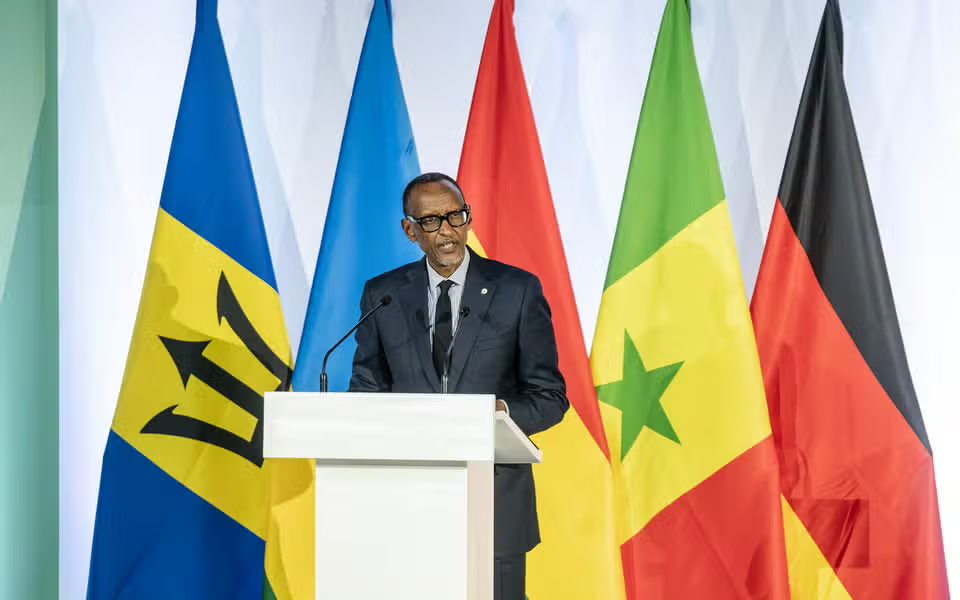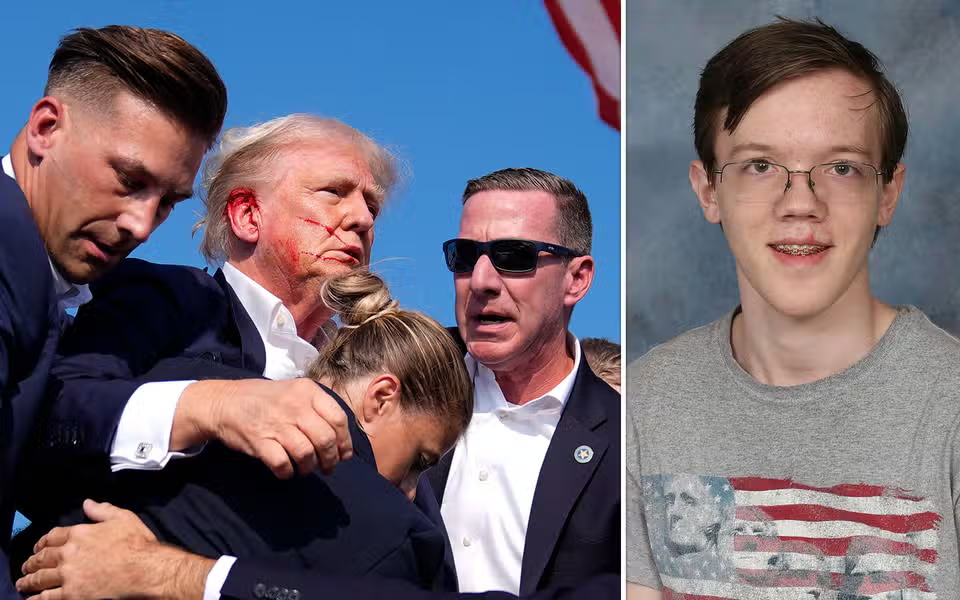North Korean state media on Monday bristled at the deepening defense cooperation between Japan and Germany, describing the pair as "defeated war criminal nations" and warning against a larger NATO presence in Asia.
"The region is neither 'muscle-flexing ground' for bragging of one's strength nor arena for NATO's 'crusade,'" the Korean Central News Agency said. "Gatecrashers from NATO had better mind their own business, instead of crossing boundary."
In Berlin on Friday, Japan's Prime Minister Fumio Kishida told Germany's Chancellor Olaf Scholz that security in the Atlantic and Pacific regions was closely linked. He referenced Russia's war in Ukraine and moves by China and North Korea that were "complicating the security environment," according to the prime minister's office.
Scholz expressed concern about Russia's "growing cooperation" with North Korea, which could cause the "further destabilization of this region," the German chancellery said.
KCNA's commentary lashed out at the U.S. allies and turned to history for justification, likening their closeness to the prewar pact between "fascist Germany" and "militaristic Japan."
Newsweek reached out to Germany's foreign office and the Japanese Foreign Ministry for comment.
Kishida flew to Germany after attending the NATO summit in Washington, where alliance leaders attacked Moscow but also issued strongly worded warnings about Beijing, Pyongyang, and Tehran's ambitions.
A food, fuel, and ammunition-sharing agreement between Berlin and Tokyo took effect on Friday as Scholz and Kishida agreed to cooperate further on defense and economic security, both with an eye on China.
Kishida said Japan will host German Luftwaffe aircraft and a navy frigate this summer, and Japanese Navy ships will call at Hamburg later this year.
Scholz said German defense spending was now at 2 percent of its GDP, in line with NATO's alliance target, and praised Japan's promise to make similar investments by 2027, in addition to relaxing its arms export rules.
North Korea's bellicosity traditionally came from its confidence in securing the support of neighboring China, which was, until last month, its only formal ally before Kim Jong Un and Vladimir Putin signed a treaty of mutual military aid.
Last week, NATO leaders accused Pyongyang of "fueling Russia's war of aggression against Ukraine by providing direct military support" in the form of missiles and artillery shells, violations of long-standing United Nations Security Council resolutions prohibiting arms transfers to and from North Korea.
A spokesperson for North Korea's Foreign Ministry called the declaration "an illegal document that violates the legitimate rights of independent sovereign states."
"We solemnly warn that NATO's strategy for 'globalization,' pursued by the U.S., may certainly bring the danger of a worldwide war," the ministry said on Saturday in a statement carried by KCNA.
North Korea's embassy in Beijing did not respond to a request for comment.
Disclaimer: The copyright of this article belongs to the original author. Reposting this article is solely for the purpose of information dissemination and does not constitute any investment advice. If there is any infringement, please contact us immediately. We will make corrections or deletions as necessary. Thank you.



